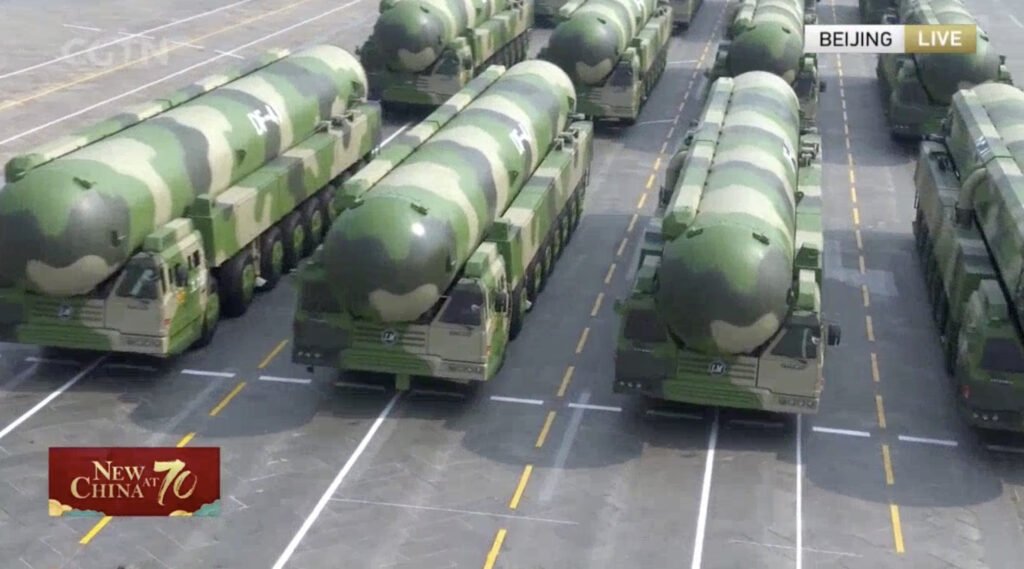Implications of China’s Defence Budget Increase
China has recently announced a 7.2% increase in its defence budget, marking the third consecutive year that the budget has crossed the seven per cent mark. This substantial increase has raised concerns among its principal adversaries, including India, due to its potential political and military ramifications on the global geopolitical landscape. While China’s defence budget is significantly lower than that of the United States, it is three times the size of India’s defence spending, making it a formidable force in the region.
China’s Military Modernization and Global Impact
China’s rapid military modernization efforts have been a cause for concern for neighbouring countries and other global powers alike. The People’s Liberation Army (PLA) has been upgrading its nuclear and conventional forces, focusing on dominating the Indo-Pacific region. This includes plans to expand its naval capabilities, potentially enabling it to challenge the dominance of Western powers in areas such as the Indian Ocean and the Atlantic Ocean.
The PLA’s expansion has raised tensions with countries like India, which is currently engaged in a four-year standoff with China on the East Ladakh Line of Actual Control.
Additionally, China has been supplying Pakistan with advanced submarines and surface combatants, further increasing its influence in the region. With these developments, it becomes imperative for countries like India to enhance their maritime force capacity and capabilities to counter an increasingly assertive China.
Taiwan Relations and Defense Budget Increase
China’s evolving stance on Taiwan has become a great concern for the international community. In its annual finance ministry report, China dropped the mention of “peaceful” reunification with Taiwan, indicating a more aggressive approach towards the self-governed island. While China maintains that Taiwan is part of its territory, it has not ruled out the use of military force to reclaim it if necessary.
This shift in China’s Taiwan policy has led to growing aggression towards the island, raising regional tensions. Taiwan’s defence minister has announced an increase in missile drills this year in response to China’s military posturing. The defence budget increase further underscores China’s determination to strengthen its military capabilities and assert its influence in the Taiwan Strait.
Future Considerations and Responses
The increase in China’s defense budget by 7.2% has garnered the attention of global powers and raises questions about future scenarios and responses. Other countries, particularly those in the region, closely monitor China’s actions and may respond accordingly. This increase in defence spending may lead to a potential arms race in the region and further exacerbate existing geopolitical tensions.
The implications of China’s defence budget increase also extend to regional security alliances. The Quadrilateral Security Dialogue (QUAD) and other alliances in the Indo-Pacific might be compelled to reassess their defence strategies and potentially strengthen their military capabilities to counter an assertive China. Additionally, global powers such as the United States may closely watch China’s military developments and adjust their own defence policies accordingly.


